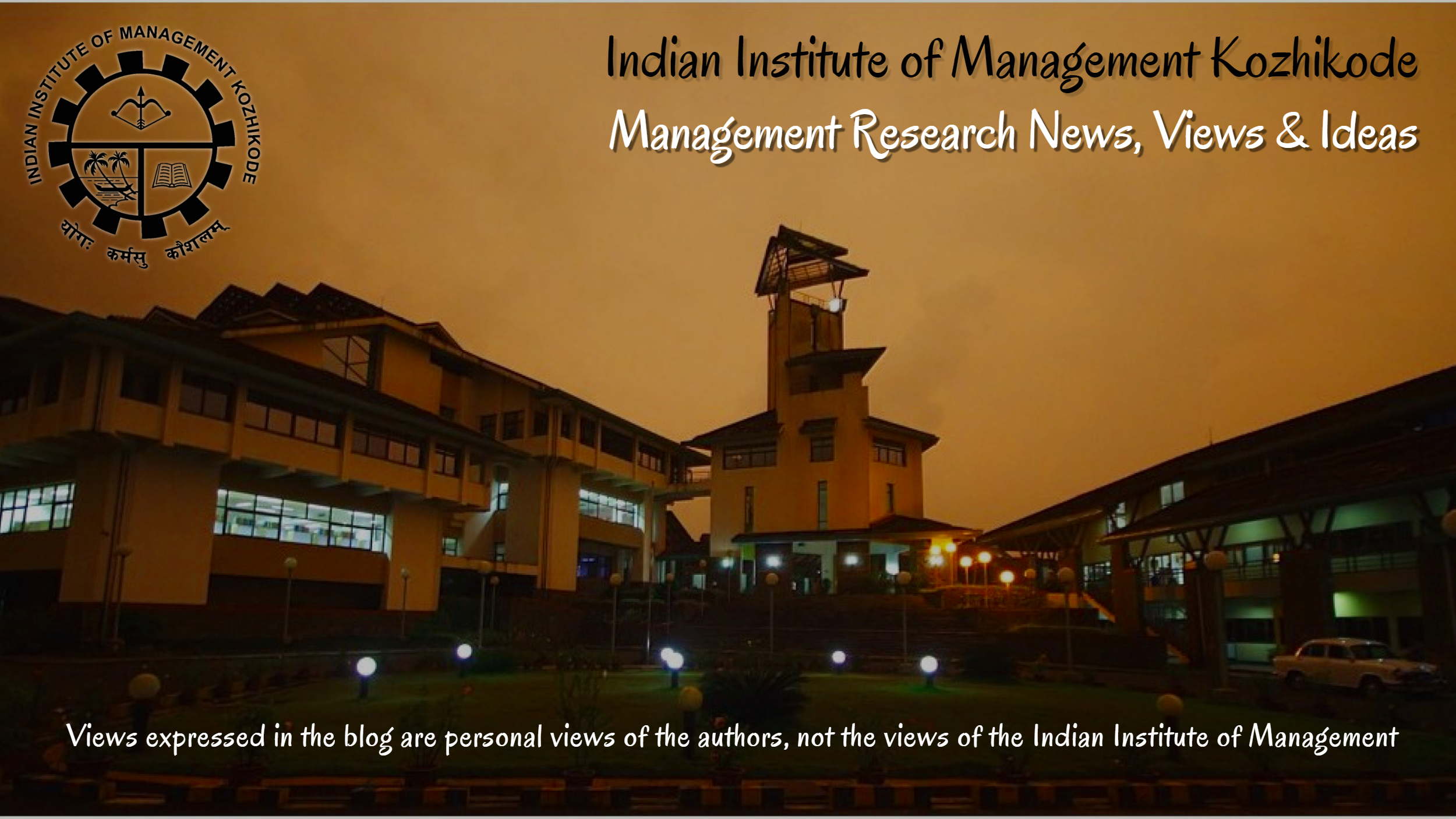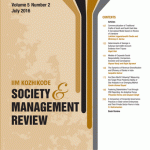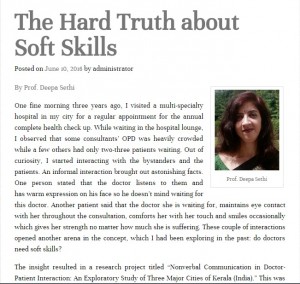8 WEBSITES THAT HELP YOU TO CLAIM YOUR DIGITAL SPACE AND INCREASE CITATIONS
By Prof. Rudra Sensarma
Research success is now closely linked to citations, visibility and presence in bibliographic databases. These have many benefits such as getting noticed by editors (makes future publications easier?), funders, collaborators and other stakeholders. It helps the researcher to influence future research, probably the main reason for doing research anyway. There are a number of websites that help the individual researcher to boost one’s individual research esteem, impact and visibility. While it is hard for me to comment on which ones are more useful than the others, it does not cost anything (other than time) to sign up on all of the below and track them regularly. I strongly suggest that you consider it. (Many of these cross-link with each other so that if you simply sign up on one website, it will cull out your information from another.)
1. Researchgate (A kind of facebook for researchers, where you can share your papers with collaborators, get alerts and updates on what your collaborators and contacts are publishing) – http://researchgate.net
2. Researcherid (A facility from Thomson Reuters that assigns a unique ID to each researcher and links with your own publications; as a result all other bibliographic databases that pick up your publications off the net won’t get confused among multiple people with the same name) – http://www.researcherid.com
3. ORCID (An open access non-profit unique researcher identifier database, with similar benefits as Researcherid) – http://orcid.org
4. Scopus (If you have published any research, you already will have a Scopus profile (you need not create it, Scopus does it automatically); check it out to make sure that your profile, affiliation, publications data are OK, otherwise write to them) – http://scopus.com
5. Google scholar (The most popular bibliographic database for literature search today; you can create your own profile to track your citations and h-index) – https://scholar.google.co.in
6. Academia (You can create a profile and add your publications. The website sends an email alert every time someone searches for your name in google) – http://academia.edu
7. Microsoft academic search (It is like google scholar when it comes to literature search but with an additional advantage of discipline-specific search, which is something google scholar used to have in its early days but no longer does; and it is like Scopus when it comes to automatic creation of your profile, therefore you need to check and report discrepancies to microsoft as suggested above in case of Scopus) – http://academic.research.microsoft.com
8. Altmetrics (Tries to improve on traditional impact measures by adding citations in twitter, blogs, web discussions and comments). One interesting altmetric app is ImpactStory (collects data on your research impact from various sources such as bibliographic databases, slideshare, citations, downloads, tweets etc.) – https://impactstory.org
Caveat: The above listing does not include discipline specific initiatives like CiteSeer (computer science) or RePEc (economics) which you should also be following.
Other than getting listed on the above sites, I suggest that you make sure that all your published papers are available for download on an institutional repository (either the first submitted version or pre-print — depending on the journal’s policy). This can be done by your organization’s information resource centre using any of the popular open source softwares like DSpace, Greenstone or EPrints. The most cited papers are those that are available for full download in some form.
If this sounds like a lot of work, that is where the world of research has moved. We do not have a choice but to play along.
Rudra Sensarma is Associate Professor of Economics at IIM Kozhikode. Views expressed here are his personal views.

















 Users Today : 40
Users Today : 40 Users Yesterday : 388
Users Yesterday : 388 This Month : 7282
This Month : 7282 This Year : 112410
This Year : 112410 Total Users : 536398
Total Users : 536398 Who's Online : 3
Who's Online : 3